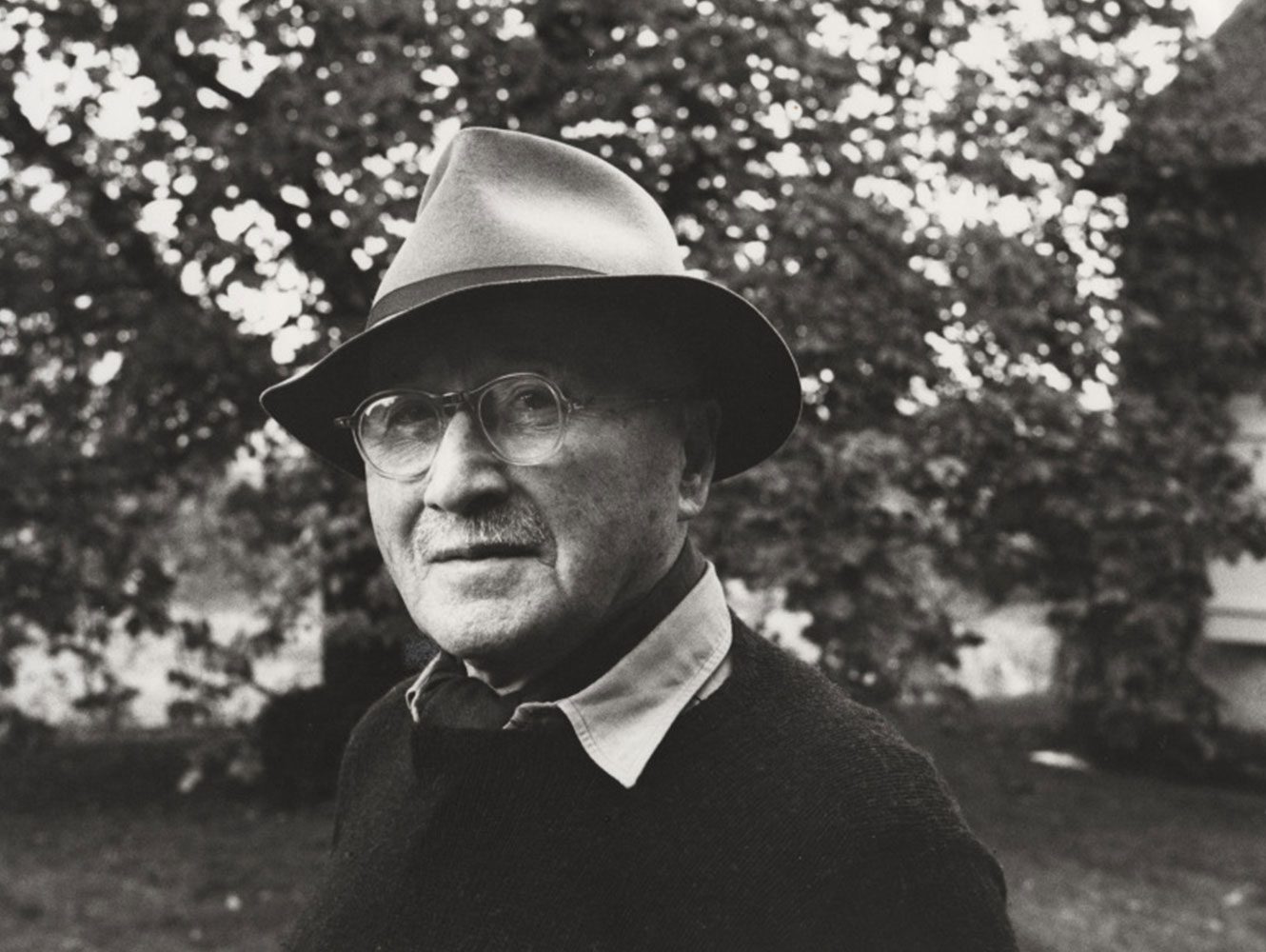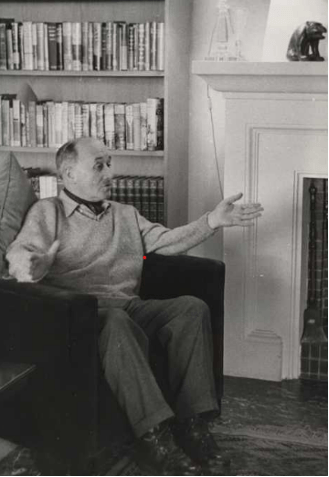All about Jean Monnet
A vision of union and a method of action for today’s Europe
Jean Monnet marked the 20th century and helped shape the world we live in. Today, his work continues to inspire solutions for the future.
Jean Monnet was the driving force behind joint action by the Allies during both wars, the modernization of post-war France, and the first steps towards European unification. He was decisive in resolving almost all the major crises of the 20th century.
His unwavering determination, the inventiveness of the solutions he devised, and the effectiveness of his method of action make this founding father of the European Union a source of inspiration for all those who have to think and act in today’s Europe and world.
Discover here a summary of all Jean Monnet’s key dates, quotes, method and bibliographical references.

Jean Monnet’s key dates
1888-1914 – From Cognac to the discovery of the world
1888: Born in Cognac into a family of cognac merchants
1904: Leaves school to travel and represent the family firm in England and America
1914-1922 – Learning to take collective action
1914-1918 Allied procurement: proposed to the French government the pooling of its procurement efforts with Great Britain at war. Allied supply committees formed.
1920 Appointed Deputy Secretary General of the League of Nations, the first attempt at global governance for conflict prevention and resolution
1923 -1938 – Banker in San Francisco and advisor to Chiang Kai Chek
1923 – 1934 Takeover of the family business and creation of a merchant bank in the United States.
1929 Wedding in Moscow
1934 China Finance Development Corporation (CFDC) founded in Shanghai and advisor to Chiang Kai Chek
1939-1945 -Uniting the Allies in war, rebuilding and modernizing France
1939-1940 Purchase of American aircraft on behalf of the French government, then the French and British governments.
1940 Proposal for total union between France and Great Britain to avoid French surrender
1941 Churchill’s envoy to Washington. Inspirer and protagonist of the American Victory Program, which guaranteed Allied victory through weapons production.
1943-1944 Member of the Comité Français de la Libération Nationale in Algiers, then of General de Gaulle’s provisional government
1950-1975 – European action: from the European Coal and Steel Community to the creation of the Action Committee for the United States of Europe
1950 Inspires the Schuman Declaration proposing the European Coal and Steel Community (ECSC) and the first Community institutions.
1952-1954 First President of the ECSC High Authority, first European executive
1955-1975 Creation and leadership of the Comité d’Action pour les Etats-Unis d’Europe, an international organization dedicated to advancing European unification.
1976 – 1988 – The legacy and posterity of Jean Monnet’s work
1976 Publication of “Mémoires”, a manifesto of political action and European advocacy
1976 : First to receive the distinction of “Honorary Citizen of Europe” from European heads of state
1979 Death in Houjarray, Yvelines
1988 Transfer of Jean Monnet’s ashes to the Pantheon
“What we must seek is a fusion of the interests of the European peoples and not just the maintenance of the balance of these interests.”
Memories
“Anything is possible in exceptional moments, as long as you’re ready and have a clear plan at a time when everything is confused”.
Memories
“Every time I’ve been able to help bring people together, I’ve done it. I’ve done it in a way that’s natural to me, without political calculation or personal ambition”.
Memories
The Monnet method
Jean Monnet’s ability to transform the course of history, to change the course of events without using formal power, has been confirmed time and again over the sixty years of his action. Although Jean Monnet never theorized about it, we can identify a ” Monnet method ” based on events and his writings, the fundamental driving forces behind his method of action.
References
Jean Monnet’s writings are a benchmark for understanding the historical events of the 20th century, but also for tackling today’s challenges through a unique method of action: the “Community method”.
Memoirs, pink notes, speeches…
Read all the contributions by Jean Monnet, founding father of the European Union.
